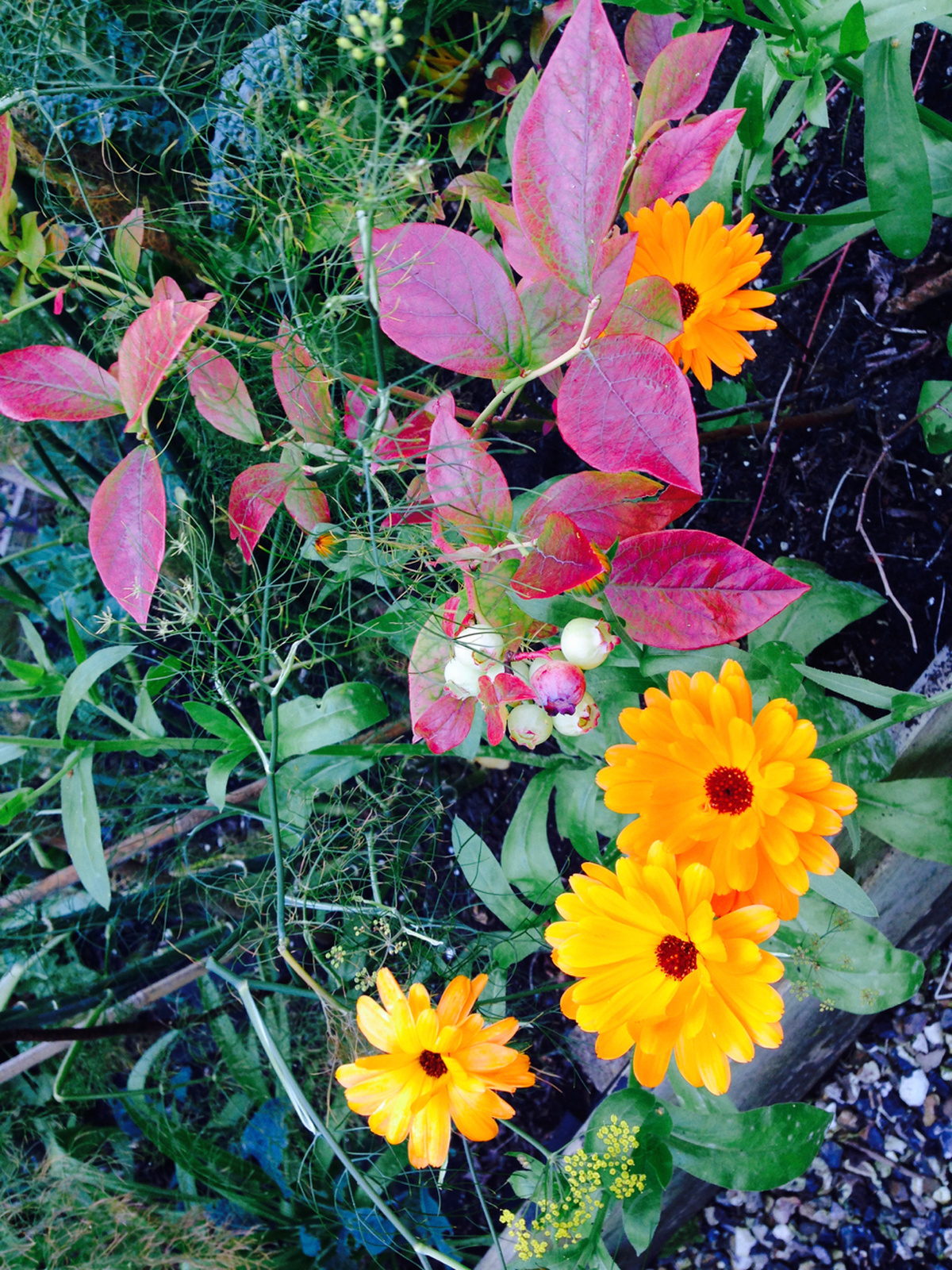Tracing the Autonomy of Care During the Coronavirus Pandemic
What does it means to care or to be cared for during a time of global pandemic. Specifically, how can we strive to live an autonomous life in relation to others while being cared for, or while caring for others? This complex and nuanced question feels very important at a time when daily life is compromised in some way due to restrictions aimed at containing the spread of Coronavirus.
So, what is an autonomous life? An autonomous life is being able to decide for yourself what is valuable and live your life in accordance with that decision. It involves shaping your life to reflect your values and ambitions, taking responsibility for the course it takes, and forging reciprocal relationships (of trust, care and need) with others, helping shape their lives and letting them shape ours too (Ben Colburn).
Putting aside our loss of personal freedoms for the greater good of society is key to overcoming the Coronavirus pandemic. Having a deeper understanding of what supports our autonomy during a time of compromise can help us as individuals and as a society communicate what is important and what matters to us. In doing so we can maintain our sense of self and belonging, and our ability to contribute to a wider community.
Many of us have caring responsibilities and / or are being cared for. To care is not benign – it can disempower as well as empower. In light of Covid-19 we find ourselves having to rethink how we relate to one another in meaningful ways and this is why a creative exploration of autonomy is important in helping to articulate what really matters.
Physical distance or physical barriers to touch and to connect with one another impact greatly on our experience of care and sense of wellbeing, especially when words are not available. However, being physically distant doesn’t need to mean being socially distant. It is important to continue to have rich and meaningful relationships when physical distance is necessary. A deeper understanding of autonomy helps us to navigate a new norm within difficult circumstances, one that nurtures and supports meaningful dialogue and connection centred around care and our ability to heal.
Our combined 30+ years of experience creatively supporting people who have compromised health or social circumstances means we have seen first hand the importance of turning limitations into creative parameters that have the potential to produce new perspectives and new creative knowledge. We have worked across a broad range of healthcare settings including care homes and with young people. Like so many others we have been furloughed over the last 5 months and so have not been able to develop the online and telephone creative support that we started with hospice patients back in March.
It has been frustrating not to be able to respond to the isolation so many of the people we work with will be experiencing, which may have been compounded by the absence of much, if any tailored creative input especially for those without internet access. While this has been challenging, it has allowed us time to reflect on our practice and to re-focus the Tracing Autonomy framework to consider the wider ethics of how we as a society care. As arts and health practitioners, it offers us a way to gain a better understanding of the bigger picture and the many factors that influence how we behave and importantly, how we care for each other at a time of such vulnerability. This, we hope, will help us respond to the uncertainty and changing landscape of arts and health practice over the coming months and years.
The dialogical aspect of our practice reminds us that our voice is the medium through which we express our needs for care and autonomy. The sensorial qualities of the voice - the cracks, pauses and breath on the voice can tell us much more than what is being said. The voice is the mark that performs our presence in the world. Qualities of the voice embody shared and differing experiences of care and what it means to be cared for. This shared experience of speaking and listening can help us recognise what we have in common and how we differ, and ultimately how we can respond to the changes Coronavirus has brought upon us, and importantly how to heal.
Bringing a deeper understanding of autonomy into dialogue and conversations about care, and what is important to participants, supports people to find or to strengthen their own voice, as opposed to the precept of ‘giving’ people a voice and the ethical implications this has within participatory practices.
Considering the limitations of the physical environments and spaces that care currently takes place within (healthcare, social care, familiar care) from the perspective of autonomy, it is more important than ever to have a voice and for that voice to be heard, and to have influence. We will continue to develop this work to help us trace the autonomy of care within a world that is struggling to deal with the ever changing nature of Coronavirus. We are keen to learn from the experience of others and would love to hear from you if any of these thoughts resonate with you and your own practice.
You might also be interested to read Ben's blog post “Autonomy under Lockdown” for the BMJ Journal of Medical Ethics here.
